![]() On 1 February, the Bulgarian Orthodox Church honours Saint Tryphon, a healer who was glorified by the miracles he performed. However, this national holiday is also celebrated on 14 February according to old customs, which just happens to be Valentine’s Day as well.
On 1 February, the Bulgarian Orthodox Church honours Saint Tryphon, a healer who was glorified by the miracles he performed. However, this national holiday is also celebrated on 14 February according to old customs, which just happens to be Valentine’s Day as well.
Trifon Zarezan was born in AD 225 to a poor Christian family in Anatolia, then part of the Roman Empire. When he was 17 years old, he healed the seriously ill daughter of Emperor Gordian III and was richly rewarded by the imperial family. Just a few years later, in AD 249, Decius Traianus took the throne. During his brief administration, he persecuted many Christians because of their faith. Trifon refused to give up his Christian beliefs and was tortured until his death.
A curious fact is that Saint Trifon’s Day (Trifonovden / Трифоновден in Bulgarian) is celebrated by vine growers, winemakers, falconer, gardeners and publicans because people believe that Saint Trifon was the protector of the vines. The day is called also the Day Of The Vine Growers.
In the Bulgarians mind, Saint Trifon is embellished with many legends which are not in conformity with his real life and Christian faith. One of them, for instance, is the legend that he cut his noise whilst pruning vines – this is why his name is Zarezan, which means notched, thus Tryphon the notched-nosed.
Trifonovden traditions also intertwine different occult rituals, many based on pagan worship of Dionysus from Ancient Greek mythology. In fact, some of the practices during the celebrations, such as pouring out the wine and getting drunk, are part of the rites of Dionysus worship. This confusion of Christian and pagan makes the holiday more a day for having fun and drinking good Bulgarian wine than for honouring the saint and his contribution to people’s life in the past.
Festive Rituals
Early in the morning, women knead bread and cook a hen which is traditionally filled with rice or bulgur. The bread, the hen and a wooden wine barrel are placed in a new woollen bag. With these bags on their shoulders, the men go into the vineyard. When they get there they make the sign of the cross, take a sickle and cut three twigs from different vines. After that, they pour wine onto the vines. This ritual is called zaryazvane (cutting).
Having finished this, they then have to choose “the king of the vine”. Then the real feast can start and the vine growers give to the king two wreaths made out of vines – one he puts on his head and the other on his shoulders. After that, he sits on a cart and the vine growers carry him to the village or the town singing and playing bagpipes, kettle drums and fiddles. They stop in front of every house and women come out with a pot filled with wine and give the king some to drink and then to the other people. The woman then flings the remaining wine on the king and says a blessing.
Then the king goes home, changes his clothes and, with his wreaths on his head and the shoulders, sits down at a large table to receive people from the whole village. Usually a wealthy person is chosen for a king because he has to offer all the guests food and drink.
The holiday is also called Trifon drunkard because the king must be drunk – this means that there will be prosperity in the vineyards.
The following days, which are called Trifuntsi, are honoured as days for protection from wolves.


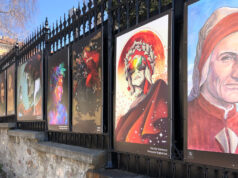
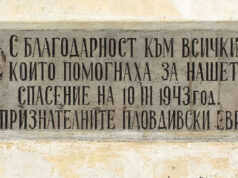

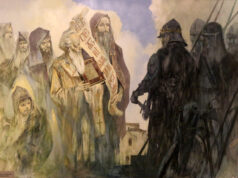
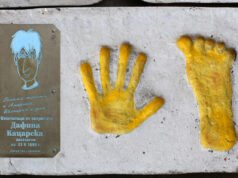
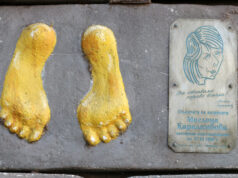
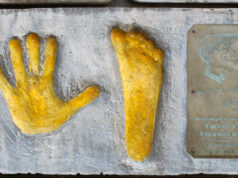
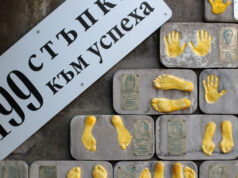
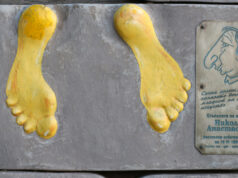
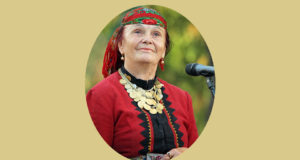
[…] Trifon Zaresan Day of Remembrance and Respect for Victims of the Communist Regime Baba Marta International Women’s Day Armed Forces Day Students Day […]
[…] Trifon Zaresan Day of Remembrance and Respect for Victims of the Communist Regime Baba Marta International Women’s Day Armed Forces Day Students Day […]
[…] Trifon Zaresan Day of Remembrance and Respect for Victims of the Communist Regime Baba Marta International Women’s Day Armed Forces Day Student’s Day […]